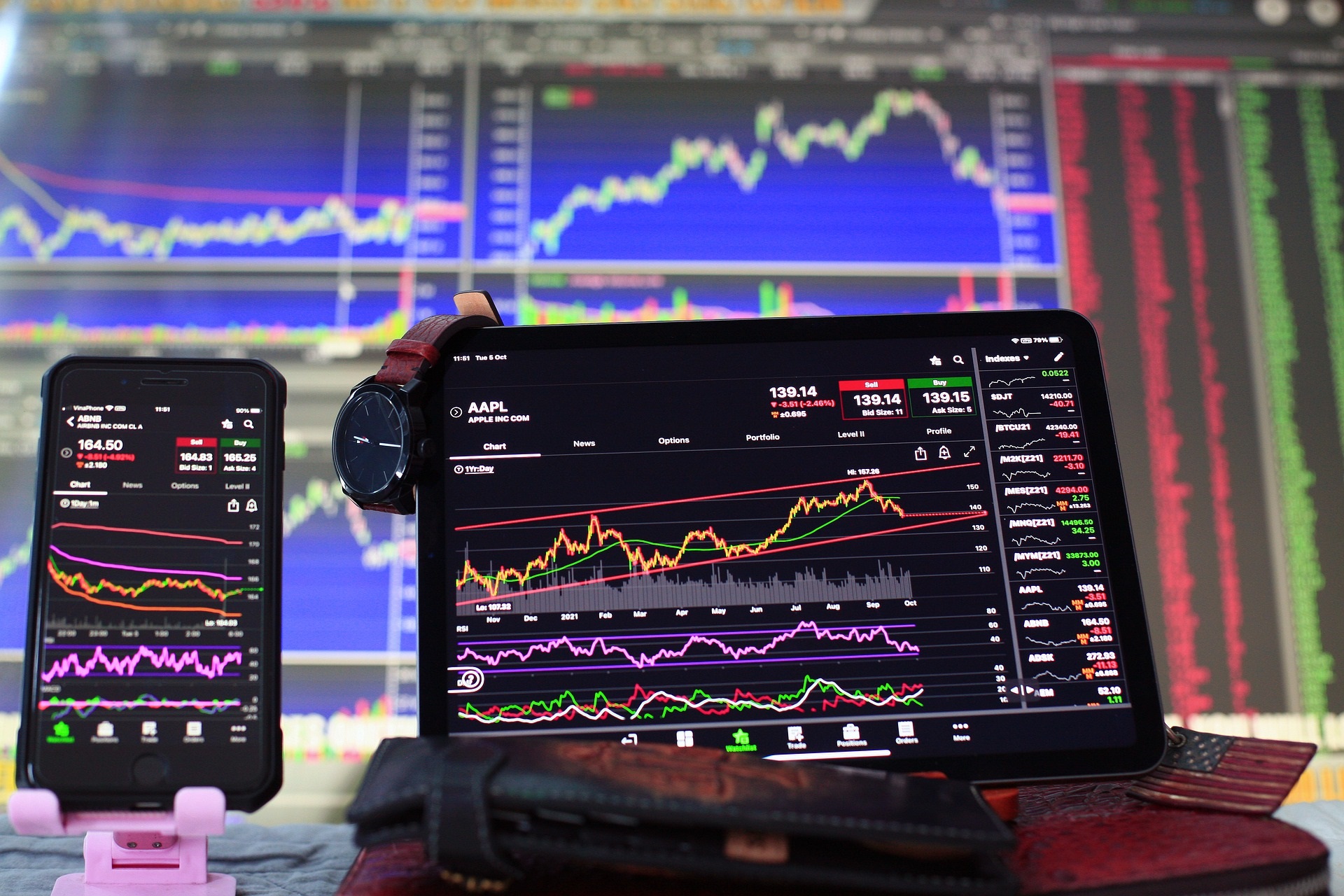U.S. Market Dominance
No doubt you’ve been noticing that U.S. stocks have been reliably outperforming stock market indices in Europe and Asia over the past decade or two, but you might question whether that’s true on a risk-adjusted basis. Assets that achieve higher returns generally come with more volatility—aka more downside risk—and so it’s fair to wonder whether U.S.-oriented investors are experiencing a bumpier ride than their overseas counterparts.
A recent article looked at both sides of the issue—volatility and returns—and found that over the last 20 years ending August 30 of this year the S&P 500 Index outperformed an index of international stocks and, at the same time, exhibited lower volatility. You could call that a win-win.
The same was true when U.S. stocks were compared with emerging market stocks. The NASDAQ (large cap tech stocks) and U.S. small cap stocks were similarly dominant over the same categories of global equities. Most U.S. asset class sectors achieved higher return to risk ratios than the same asset classes abroad; the only exception was financials.
How do we explain this? The article noted that the sector compositions of U.S., European, and Asian markets are different in one particular way: The U.S. stock market is much more tech-heavy, and the economic story of the past 20 years has been the growth of leading tech firms.
Another explanation focuses on the CATO Human Freedom Index, which tracks things like the rule of law, property rights, court independence, personal freedom, and other measures of safety that a country’s business class enjoys. There is a significant (positive) gap between the U.S. and most of the rest of the world, and this wind at the back has been boosted by the high degree of shareholder activism in the U.S., which tends to force underperforming companies to adapt to changing market forces.
This Freedom Index issue helps to explain why the U.S. market has been a world leader for a much longer period—since the end of World War II. From 1946 to 2020, only the Swedish stock market has outperformed the U.S., and it is followed by countries that exhibit similar business safeguards: Switzerland, the Netherlands, and Japan.
This doesn’t mean that investors should go all-in on American stocks. Foreign stocks are a great diversifier, further reducing the volatility of otherwise concentrated portfolios. European and Asian companies are currently trading at significant discounts to the U.S., which means the next few years might experience some catching-up. But perhaps it’s time to recognize the American investing experience for what it has been, a great run that has many of the features necessary to continue into the future.
Click here below to read more articles: From Our FSA Family, Savings Rates at a Low, the Fed’s Other Lever, AI Everywhere, How Japanese Interest Rates Affect Stock Prices
FSA’s current written Disclosure Brochure and Privacy Notice discussing our current advisory services and fees is available at www.fsawealthpartners.com/disclosures or by calling 301-949-7300.




